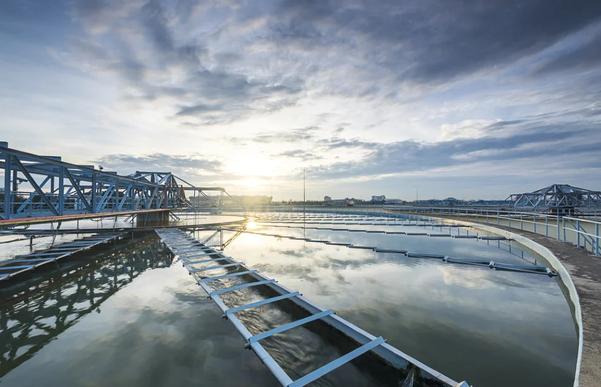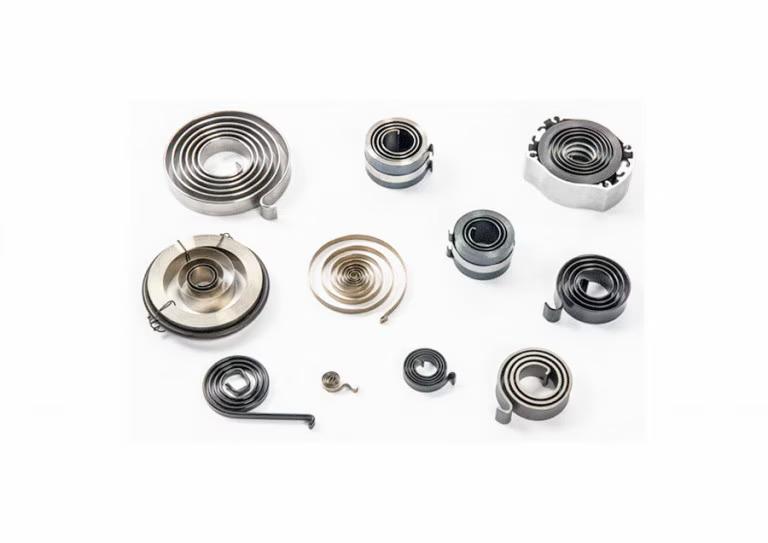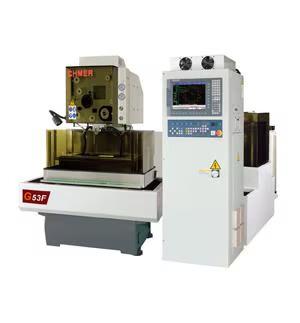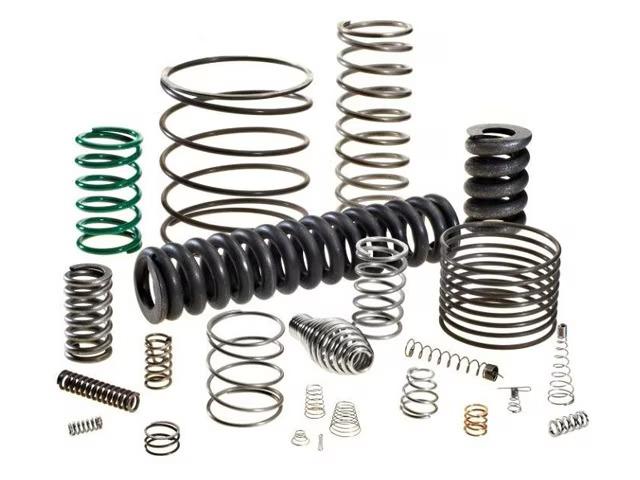Description
Wastewater treatment enzymes are a type of enzyme that is used in the treatment of wastewater to improve the efficiency and effectiveness of the treatment process. These enzymes are naturally occurring proteins that catalyze specific chemical reactions in organic matter, resulting in the breakdown of pollutants and the removal of harmful contaminants from the wastewater. There are several types of wastewater treatment enzymes that are commonly used in the treatment of wastewater, including: Lipase enzymes: These enzymes break down lipids and fats, which can clog pipes and create problems in the wastewater treatment process. Protease enzymes: These enzymes break down proteins, which can contribute to odors and sludge accumulation in wastewater treatment plants. Cellulase enzymes: These enzymes break down cellulose, a complex carbohydrate found in plant material, into simpler sugars, which can be more easily digested by microorganisms in the wastewater treatment process. Amylase enzymes: These enzymes break down starches, which can contribute to the formation of foam in wastewater treatment plants. Pectinase enzymes: These enzymes break down pectin, a complex carbohydrate found in fruits and vegetables, which can contribute to the formation of sludge in wastewater treatment plants. Overall, wastewater treatment enzymes play an important role in the treatment of wastewater by improving the efficiency and effectiveness of the treatment process. They offer a wide range of benefits, including increased efficiency, reduced costs, and improved quality control.




